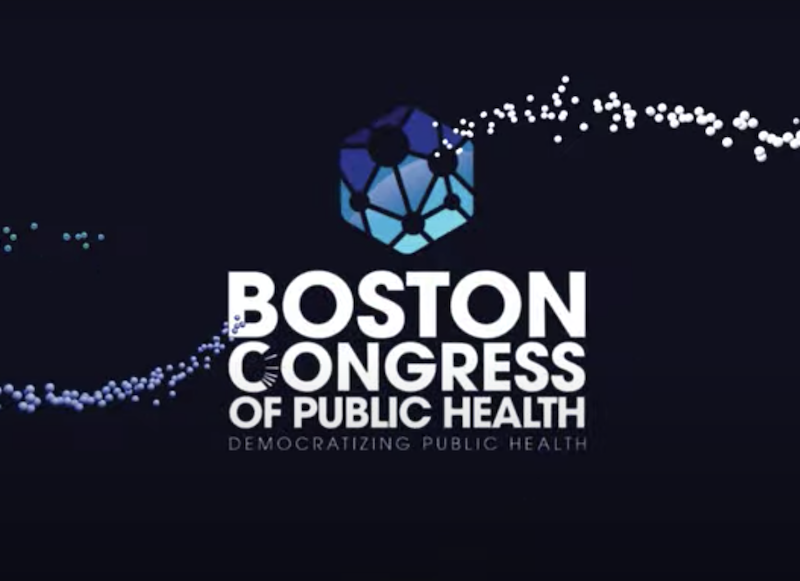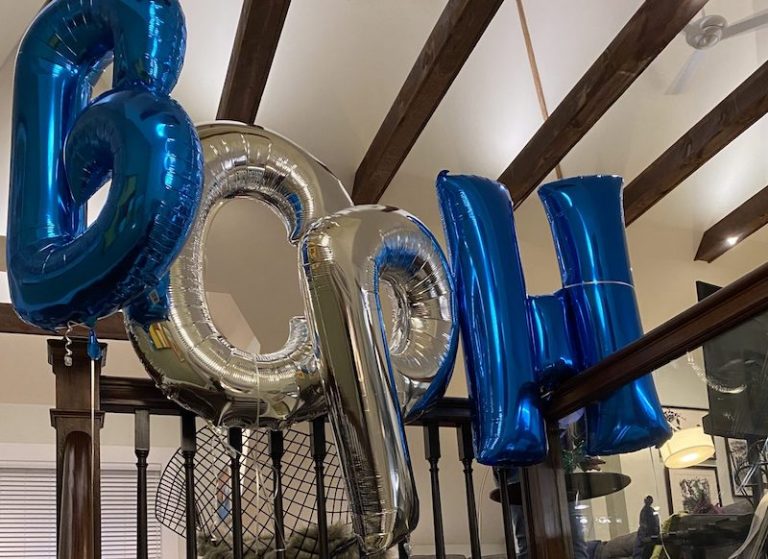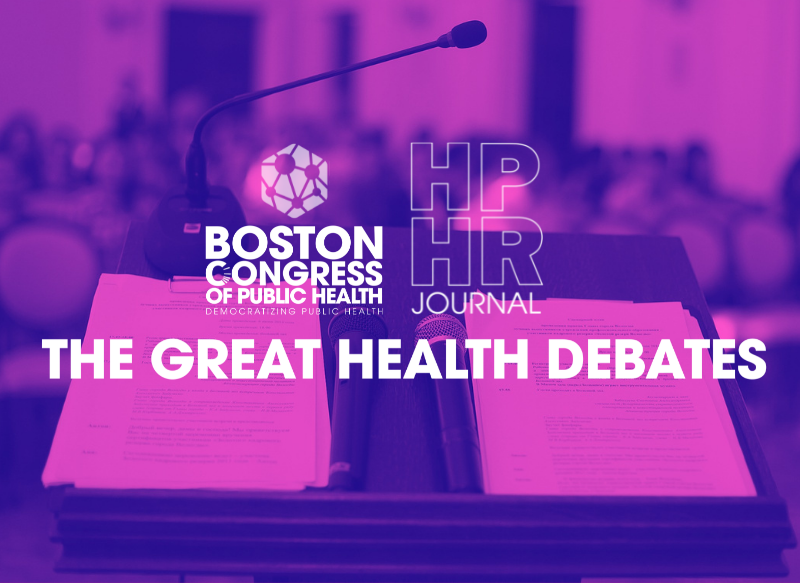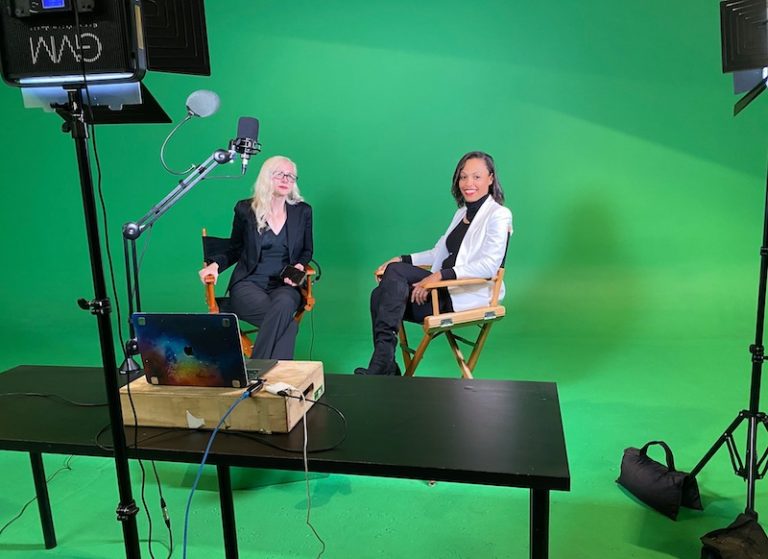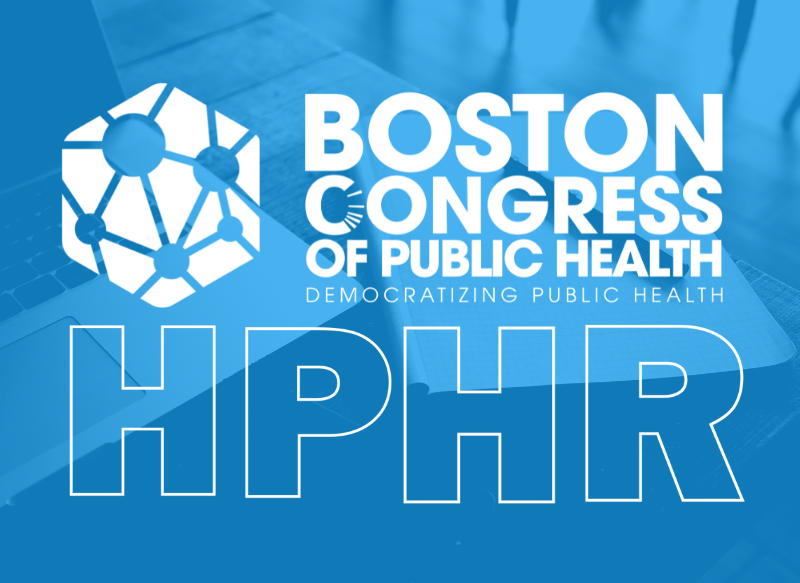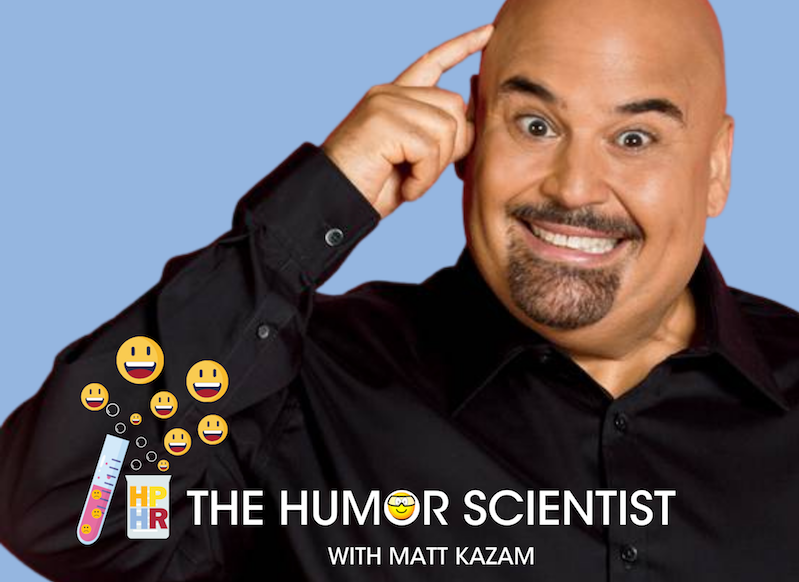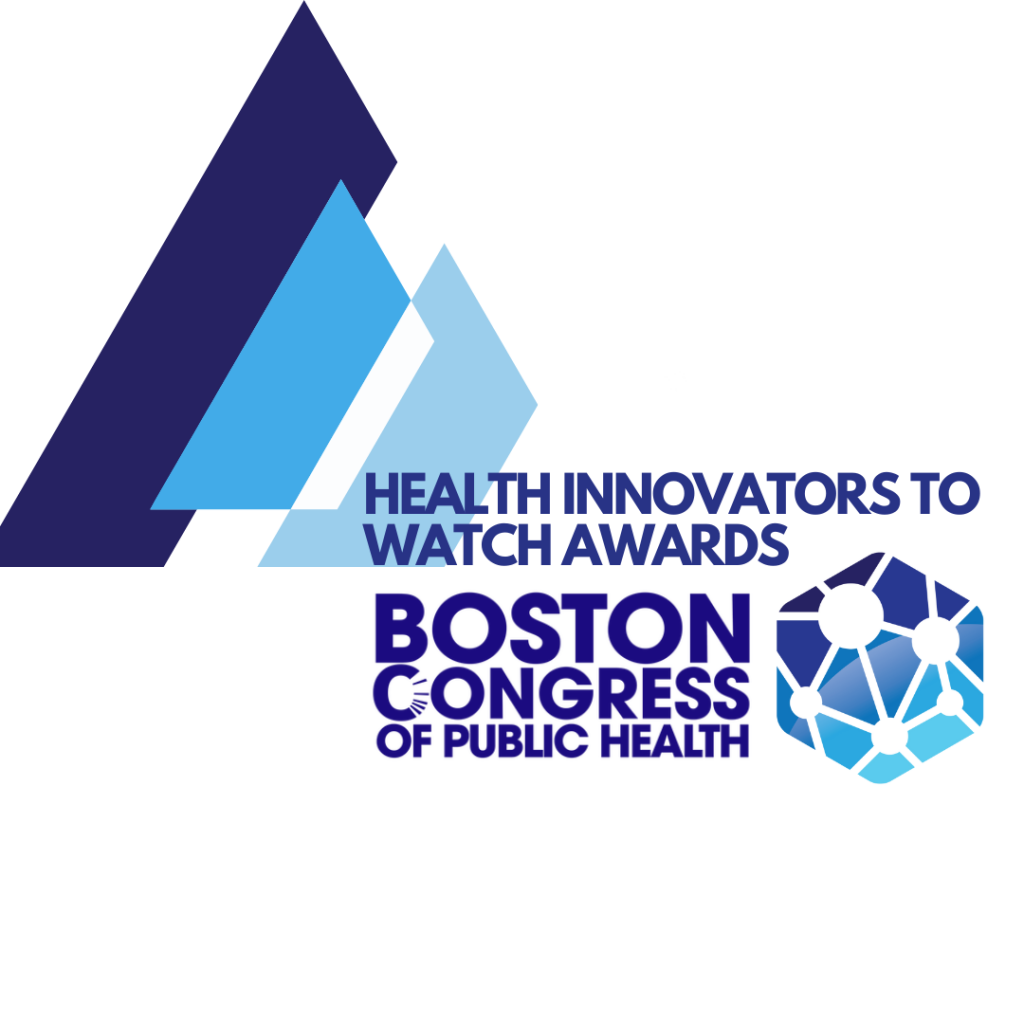
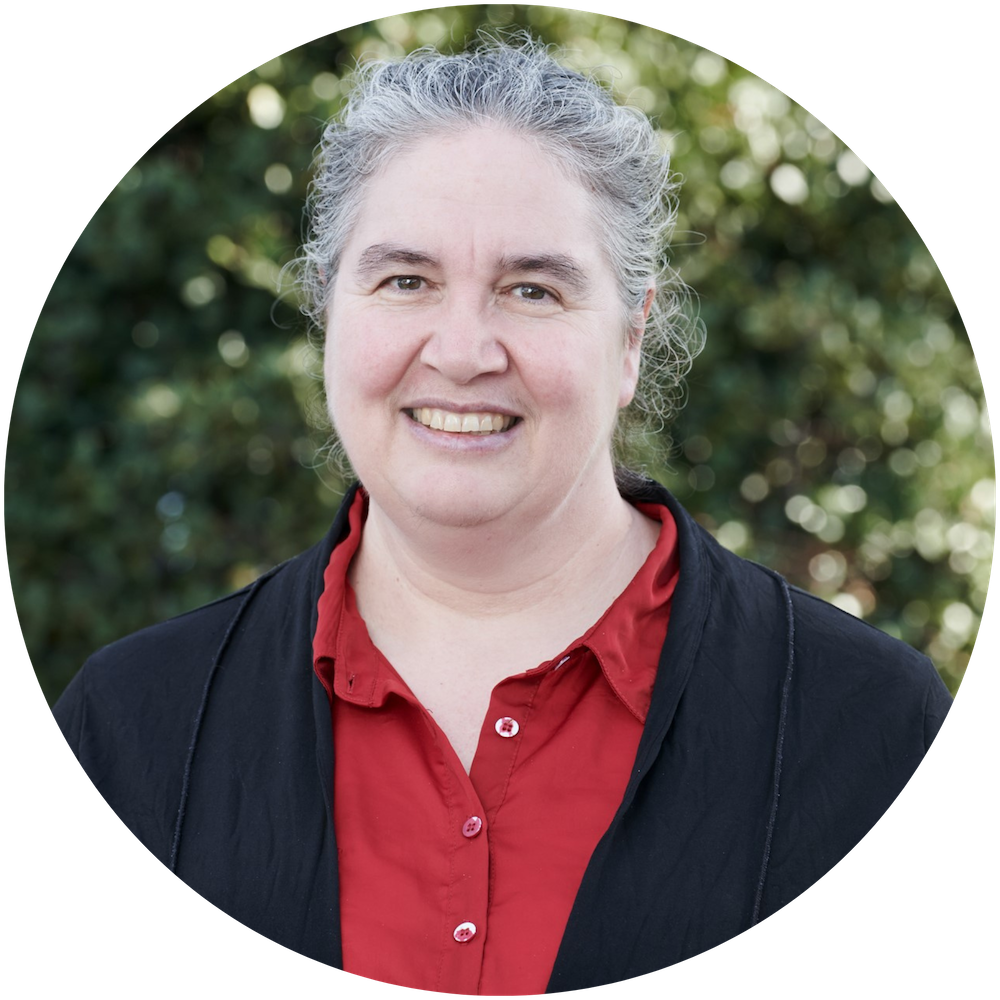
Dr. Rachel Skoss (she/her/hers) is a Senior Research Fellow at the Institute of Health Research, University of Notre Dame Australia. Informed by her equally important role as primary carer of a young person with intellectual disability, she is a member of the consumer advisory group for the Royal Australian College of Physicians, and carer representative on the Neuro-psychiatric and Developmental Disability subcommittee of the Mental Health Network and the executive advisory group of the Disability Health Network.
Dr Skoss holds a Doctorate and Bachelor of Science from the University of Western Australia, and a Masters of Evaluation from the University of Melbourne. Her applied research and evaluation focus is on the interface between the disability sector and mainstream services in health, mental health, and education. She uses a health literacy approach to improve health and wellbeing outcomes of people with intellectual disability.
She has previously provided leadership within the Western Australian disability sector through her roles on the board of the WA Disability Services Commission, as chair of the Ministerial Advisory Council on Disability, and as a Director for Mosaic Community Care. She has contributed to the national reform of disability funding and services via the National Disability Insurance Scheme, from a governance role during early implementation of the scheme, state-wide consultation with consumers regarding the scheme, and through policy development for the National Disability Insurance Agency.
Personal Statement
Through my lived experience as a parent of a young person with intellectual disability, and my past experience as a leader within the Western Australian disability sector, I was well aware of how our siloed approach to service delivery was impacting families like mine. Over the past decade or more, I have been involved in the health, mental health and disability sectors via committees and working groups who aim at making the system more effective for people who may be vulnerable. As a part-time academic, this ‘non-professional’ experience gave me a big-picture view of our service system, and a strong stakeholder network including policy-makers and decision-makers, those who procure and deliver services, and peak advocacy bodies and the families and services they represent. The knowledge I gained and the relationships I made through this involvement has been incredibly valuable to my professional life.
My research is very applied – in the past years I have focused on understanding how people with intellectual disabilities are supported with their health. I consider health as a holistic concept, from ‘healthy living’ and preventative care measures we see in population health, through to the management of chronic and acute health and mental health conditions. I use a health literacy approach, considering the knowledge and skills required by the individual with disability, by caregivers (paid or unpaid), by disability management, and by health professionals. From my own journey with my son, I recognise that these skills are critical to navigation to and engagement with the right services across multiple sectors, as well as management of health in general.
I aim for my research to be useful to the stakeholders and is delivering value for those who are participating. My research identified that health literacy of the direct care workforce was a concern. While many of the problems and systemic issues that I heard about would be solved by a health literate workforce, there is limited training available, nor any mechanism to fund the development and delivery of training. I used what I learned from the research to develop the health literacy ‘guide to supporting the health of people with intellectual disabilities or cognitive impairment’. The guide is targeted at caregivers. My university provided the graphic design as in-kind support. The guide was launched in October 2022, and made freely available online (https://www.notredame.edu.au/__data/assets/pdf_file/0025/327463/Health-Care-Guide.pdf).
Since its launch, the guide has been taken up by many disability sector organisations who have provided it to their direct care workforce. I have received numerous anecdotes regarding how it has been helpful for the workers to better advocate for their clients in health settings, or plan for better access to health care. The guide has also been useful for families, enabling them to think about health beyond just the interaction with the health service, such as thinking about how they can support their family member with disability to develop their health literacy knowledge and skills, and what they need to do to help their family member plan for improving their health and wellbeing. There has been a lot of national interest, and requests from other countries to adapt the guide to their contexts.
I have learned a great deal from people at the coal-face, and their wisdom is incorporated into what I do. I believe my personal experiences as a mother, advocate, and carer representative has been critical to my work being relevant and for easy translation into practice in the health, mental health, and disability sectors. I continue to volunteer time with Developmental Disability WA (a peak advocacy body), providing advice to systemic and individual issues as they arise, and to develop more health literacy resources to meet the needs of people with intellectual disabilities and their families as they try to navigate the service systems.
Honorees selected for the Health Innovators to Watch Awards come from across the globe, representing health and healthcare innovation in traditional public health fields, research, academia, architecture, and more. In addition, innovators are intentionally diverse in backgrounds, from public health founders and co-founders, inventors, national and international leaders, directors, researchers, academicians, and curriculum developers
